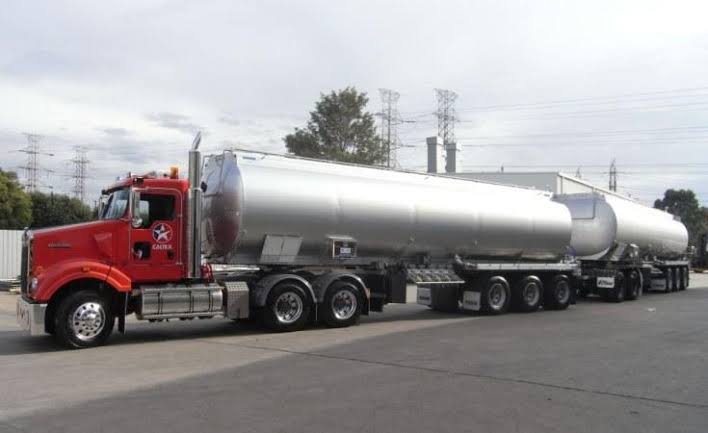Nigeria could soon face a shortage of petroleum tankers following the government’s decision to phase out high-capacity fuel trucks. The Nigerian Midstream and Downstream Petroleum Regulatory Authority (NMDPRA) announced on Wednesday that tankers with 60,000-litre and 45,000-litre capacities would no longer be permitted to transport petroleum products across the country.
The move comes in response to increasing tanker-related accidents, which have resulted in numerous deaths and extensive property damage. As an immediate measure, NMDPRA has placed an outright ban on 60,000-litre fuel trucks, while operators of 45,000-litre tankers have until the fourth quarter of 2025 before they will also be outlawed.
Recall that Nigeria relies heavily on fuel tankers to distribute petroleum products nationwide due to the absence of a functional pipeline network. This dependency has taken a toll on road infrastructure and public safety, with accidents involving overloaded tankers becoming a recurring crisis.
NMDPRA’s Executive Director of Distribution Systems, Ogbugo Ukoha, confirmed that the restriction on 60,000-litre trucks would take effect from March 1, 2025. The gradual phase-out of 45,000-litre tankers is expected to follow later in the year, allowing stakeholders time to adjust.
While the government insists the policy is necessary to improve road safety, concerns are growing over potential disruptions to fuel distribution.

